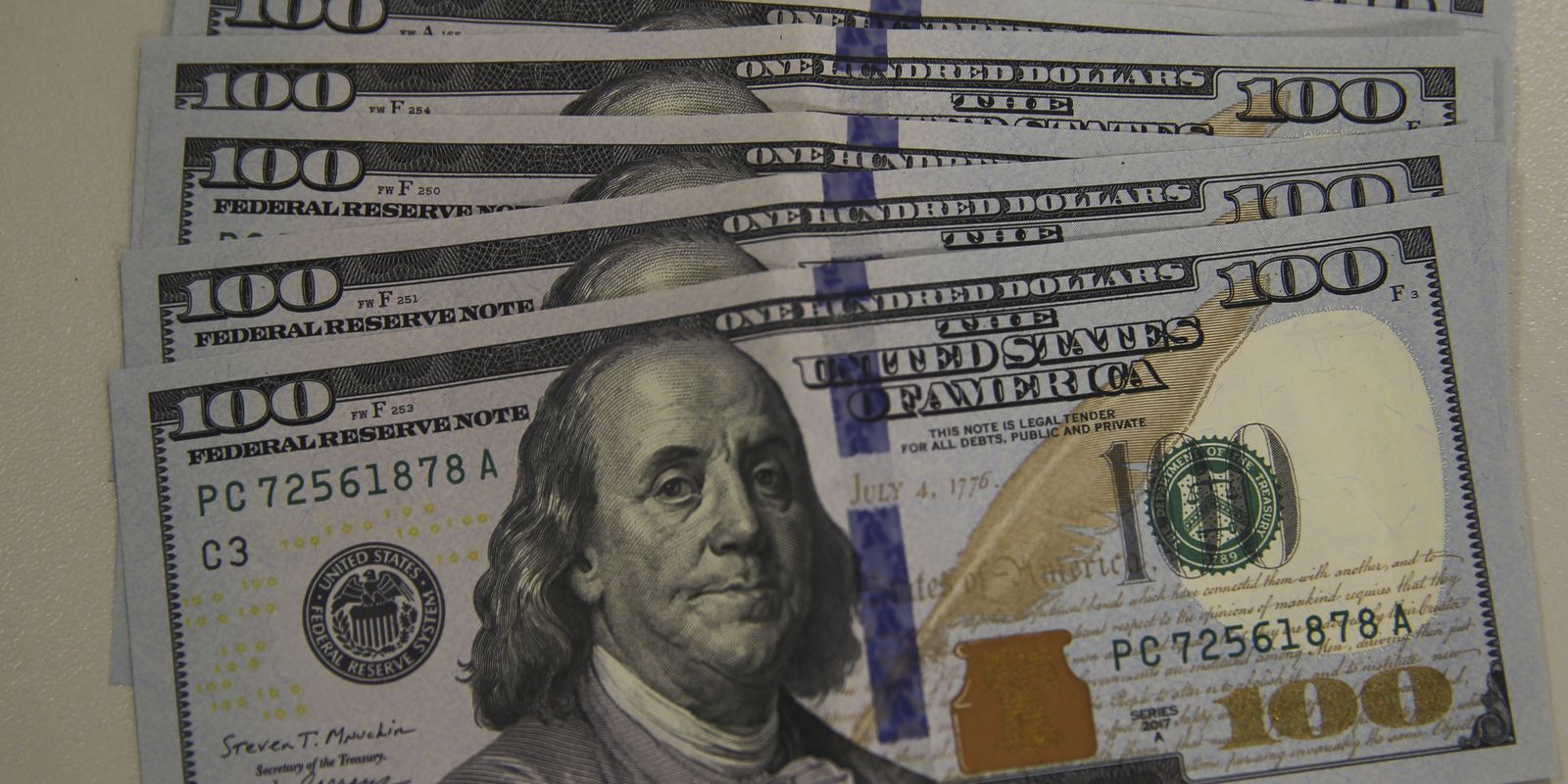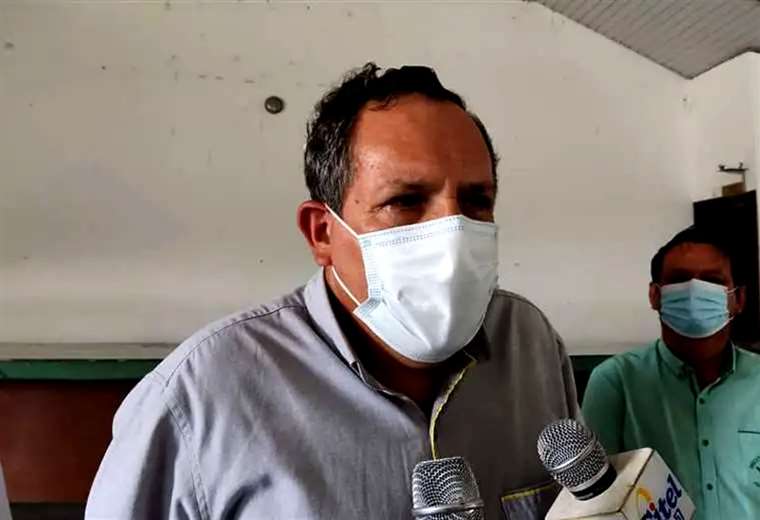Still reflecting the reversal of the fiscal package in the United Kingdom, the financial market had a day of truce this Tuesday (18). The dollar dropped almost 1% and had the biggest daily drop since the day after the first round of the presidential elections. The stock market rose almost 2%, boosted by US stocks.
The commercial dollar closed the day sold at R$ 5.255, with a decrease of R$ 0.048 (-0.91%). The quotation came to operate at R$ 5.30, close to stability compared to yesterday (17), after the disclosure of North American manufacturing production. However, the inflow of capital towards the end of the negotiations helped to consolidate the decline.
With today’s performance, the US currency accumulates a drop of 2.59% in October. In 2022, the decline reaches 5.76%.
In the stock market, the day was also marked by optimism. The B3 Ibovespa index closed at 115,743 points, up 1.86%. The indicator was favored by US stocks, which rose after financial institutions reported as-yet-expected quarterly earnings.
For the second day in a row, the global market reacted well to the decision by the UK’s new finance minister, Jeremy Hunt, to roll back nearly all of the tax cuts announced three weeks ago by the government of Prime Minister Liz Truss. The plan, which provided for exemptions for the rich and for companies, had provoked international turmoil because it would increase British public debt.
During the morning, the announcement that manufacturing production in the United States grew 0.4% in September, above expectations, caused instability in the market. The good performance of the US industry indicates that the Federal Reserve (Fed, US Central Bank) may keep interest rates high for longer than expected to contain inflation in the largest economy on the planet.
Higher interest rates in advanced economies encourage capital flight from emerging countries such as Brazil. Since the beginning of the year, the Fed has raised interest rates by 3 percentage points, in the most intense monetary tightening in 40 years.
* With information from Reuters









